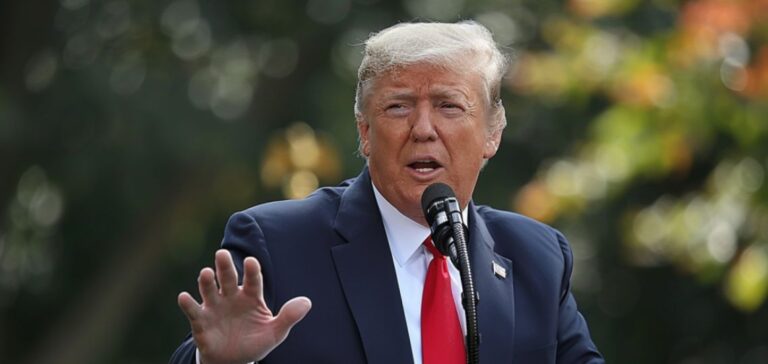The United States will impose tariffs on energy imports from Canada and Mexico starting March 4, the White House announced on March 3. The tariff on Canadian oil will be 10%, while the tariff on Mexican oil will be 25%. Both countries are major suppliers of crude oil for US refiners, particularly in the Midwest and the Gulf of Mexico (USGC).
The immediate impact of these new taxes is expected to be felt on refining margins in the United States. According to analysts at S&P Global Commodity Insights, the decision to apply a lower tariff on Canadian oil reflects the Midwest refiners’ dependence on Canadian crude, particularly Western Canadian Select (WCS). This could lead to an increase in the price of WCS, even though Canada will absorb much of the added cost. WCS exports from US coastal regions are expected to primarily shift to Asia, notably China, although Asian refiners are reluctant to accept this grade of crude due to its high sulfur content.
Midwest refiners, reliant on heavy Canadian oil, find themselves in a difficult position. The higher crude costs could be partially offset by rising refined product prices in the region. However, refining margins are likely to be pressured, with WCS prices on the rise, as evidenced by the latest Platts index of $12.73/bbl for March 3.
In contrast, refiners in the USGC will have alternatives through maritime imports, although the reduction in Mexican crude supply has already impacted this market. In December, crude oil imports from Mexico to the USGC stood at 451,000 barrels per day (b/d), compared to an average of 4.23 million b/d from Canada, according to the US Energy Information Administration (EIA). However, due to declining Mexican oil production, exports to the United States are on the decline.
USGC refiners may turn to other maritime crudes to replace Mexican oil, particularly from Venezuela, due to the easing of sanctions granted to Chevron to operate in the country. However, the current administration’s policies could challenge this trend, with the gradual re-imposition of sanctions on Venezuela’s oil sector.
Impact on the refining sector and global markets
The introduction of these tariffs on energy imports will have a direct effect on the US refining sector, with potential consequences for crude oil prices and refined product prices. If the situation persists, it could disrupt global oil trade flows and prompt retaliatory measures from Canada and Mexico. These countries could target US refined product exports, particularly gasoline, to Mexico.
The additional tariffs, particularly on Mexican oil, risk intensifying pressure on Gulf Coast refiners’ margins, which are already grappling with reduced supply. The rising crude prices could also have an impact on pump prices for American consumers.
The challenge for Midwest refiners
The main challenge lies in the difficulty for Midwest refiners to import heavy oil from other regions due to limited pipeline capacities. The reliance on Canadian oil for refineries equipped with coking units makes this region vulnerable to crude price fluctuations. Without immediate alternatives to replace Canadian oil, Midwest refiners will likely need to absorb some of the financial impact of the new tariffs, while adjusting their processes to maintain their profit margins.






















